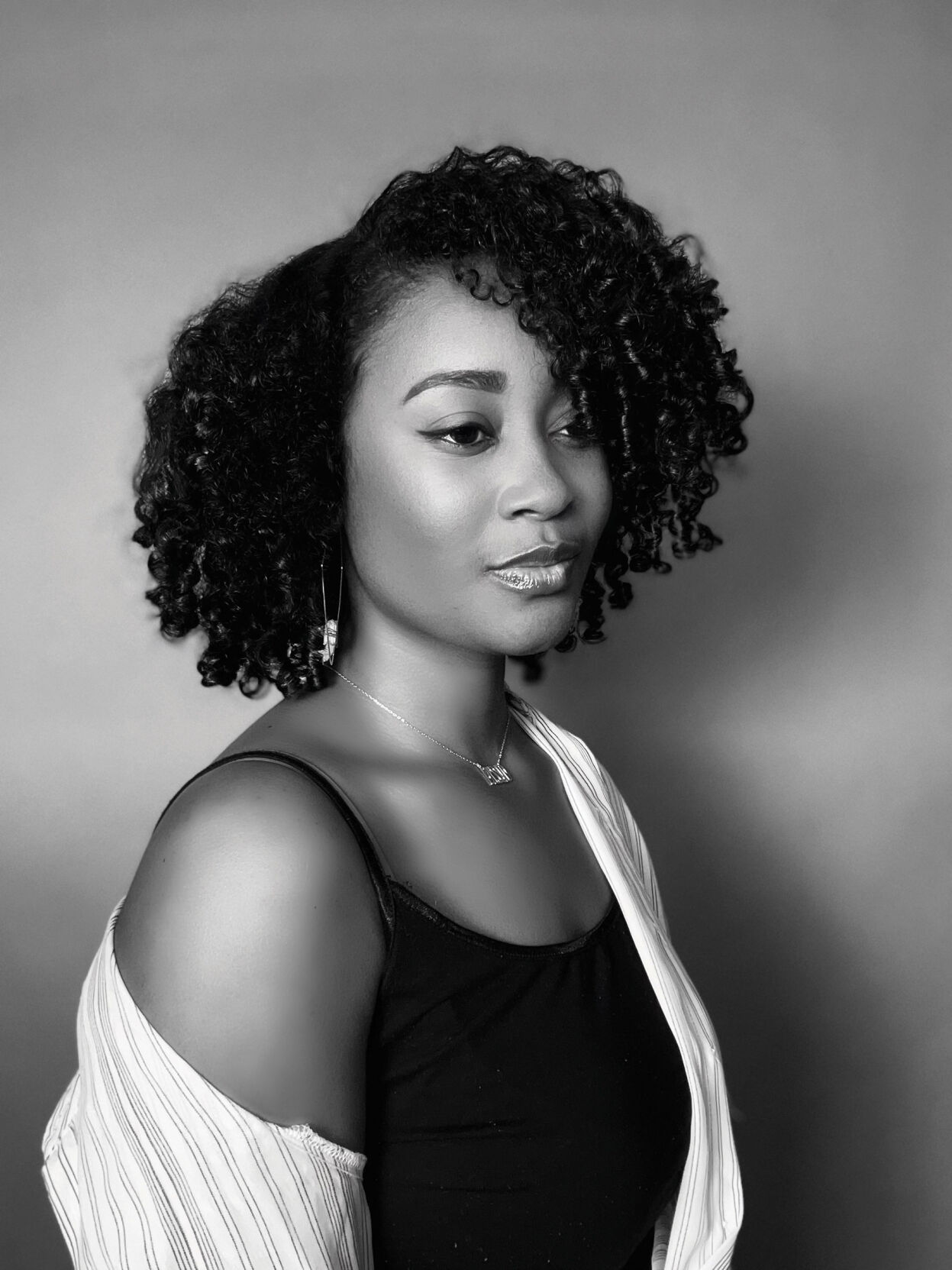
You might not believe in astrology, but it’s hard to deny that the stars have aligned for Roberta Lea in the past few months. Back in October, Brandi Carlile and Allison Russell championed the Kickstarter for Lea’s solo debut album Too Much of a Woman, pushing the fundraiser over its initial goal. Just as the Virginia-based singer-songwriter entered the studio this winter, she got the call that she would be included in the 2023 class of CMT’s Next Women of Country. And right after that announcement broke, respondents to the Journalists’ Survey in the Scene’s Country Music Almanac issue pointed to Lea as an artist to watch this year.
Amid the run-up to the record, she and her band will stop in at The Basement on Saturday. When the Scene caught up with her, she was at a hotel near Roswell, Ga., as she prepared for a performance at the Roswell Cultural Arts Center. With just a moment to take a breath, Lea described her joyously hectic 2023 and how she reflects that back to her audience.
“I’m an extrovert,” Lea says with a laugh. Having grown up the youngest of three children, she derives energy from being around people and working together. She carried this energy into the classroom when she taught high school Spanish. “I was very aware that for a lot of kids, my classroom might be their only safe space. I was the person they would come talk to during lunch, and just hang out with me. I think that translates to my performances too. I enjoy genuinely connecting to the audience and making them welcome.”
Some members of Lea’s audience need that sense of safety. It cannot be overstated that country music is often unwelcoming for Black audiences and artists. Whether it’s at her solo shows or her performances with members of the Black Opry collective, Lea often hears from audience members that they didn’t think they’d like country music.
“They say that country music is three chords and the truth,” she notes. “But for so long, there’s only been a one-sided version of the truth. And it’s almost as if the truth is like a die, where you have sides to this cube. So you have your traditional small-town, Southern side of the cube, and that’s the only part of the cube that we’ve seen. And now we’re rolling the dice and seeing the Black side of the cube, and we hope to see the brown side of that cube of what it means to grow up in a Latin American country, or the LGBTQ+ side. There’s so many sides to that story, and those truths that haven’t been expressed yet.”
For Lea, representation is not just about her physical presence on the stage, but the content of her songs as well. The video for her track “Ghetto Country Streets” premiered on CMT. Lea points out that her use of the word “ghetto” is strategic. After all, country music often represents the stories of poor white communities. “Growing up in the struggle and having to make your way — it’s all the same, but it’s just expressed differently,” she says.
And those universal experiences of hardship, like making up one’s own games, can bring multiple identities together. “People get it,” Lea says, “and they’re just ready to receive the story in a new perspective.”
Lea’s approach clearly resonates with fans. Her Kickstarter project validated the 37-year-old, who hesitated to do music full time because she felt she would be lost in the crowd. When she connected with Black Opry founder Holly G via the Twitter account for singer-songwriter Rissi Palmer’s Color Me Country Radio, Lea felt for the first time like she had an artistic community to support her.
“If anything, there’s at least 316 people who are ready to listen to my album, and that’s something that I need to know,” Lea says, referring to the number of backers of her Kickstarter. “Having support from my local neighbors to global community artists like Brandi Carlile and Allison Russell — that’s a great range of people to prepare music for.”
It means a lot for Lea to represent Norfolk, Va. As far as Lea can tell, she is the first Black woman from the area to pursue a career as a country musician, and she’s honored to represent her musical community back home when she comes to Nashville. “I feel like I’m very privileged to be in a position that allows me to stretch between these two communities,” she says.
Lea is hesitant to uproot her family to move to Music City, though. For now, she enjoys her home life and traveling “when Nashville calls.” For an example of the support of her community back home, she looks back on a show in January, right after the Next Women of Country announcement. She was playing near home in Virginia Beach in the middle of a three-band bill, and she put out a call on her social media profiles to invite fans from across her area code. They answered, packing the venue.
“When I tell you my 757 family showed up, I really was shocked,” says Lea. “I get in my own head sometimes. I enjoy playing music. I enjoy writing songs. But are people enjoying it too? And when they come to a show, singing my songs and buying my merch, the answer is clearly yes! It’s been overwhelmingly beautiful.”
Lea hopes to carry that energy over to her show at The Basement.
“I’m bringing my band, and we just wanna show up and show out! We’re looking forward to tapping into that Nashville energy.”





